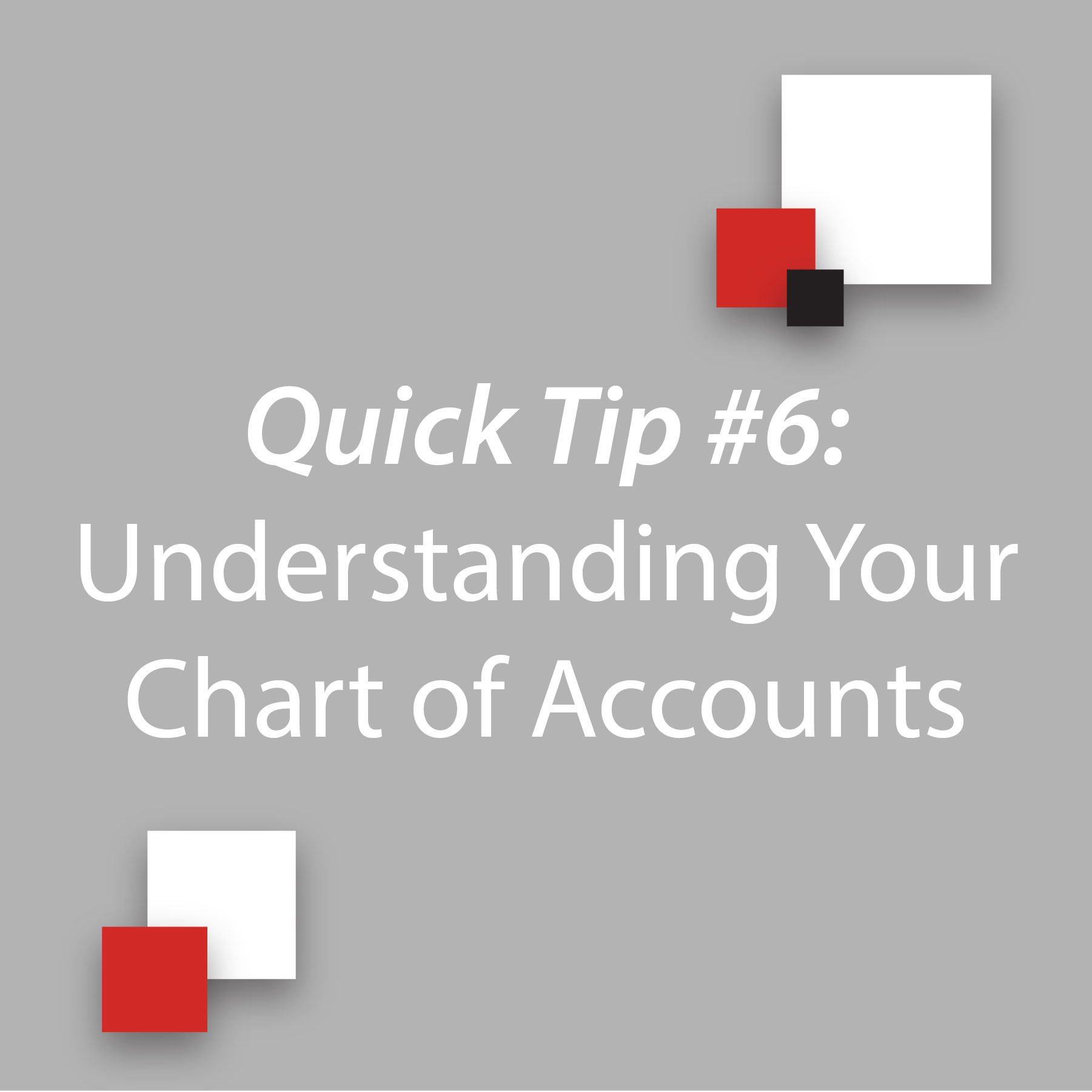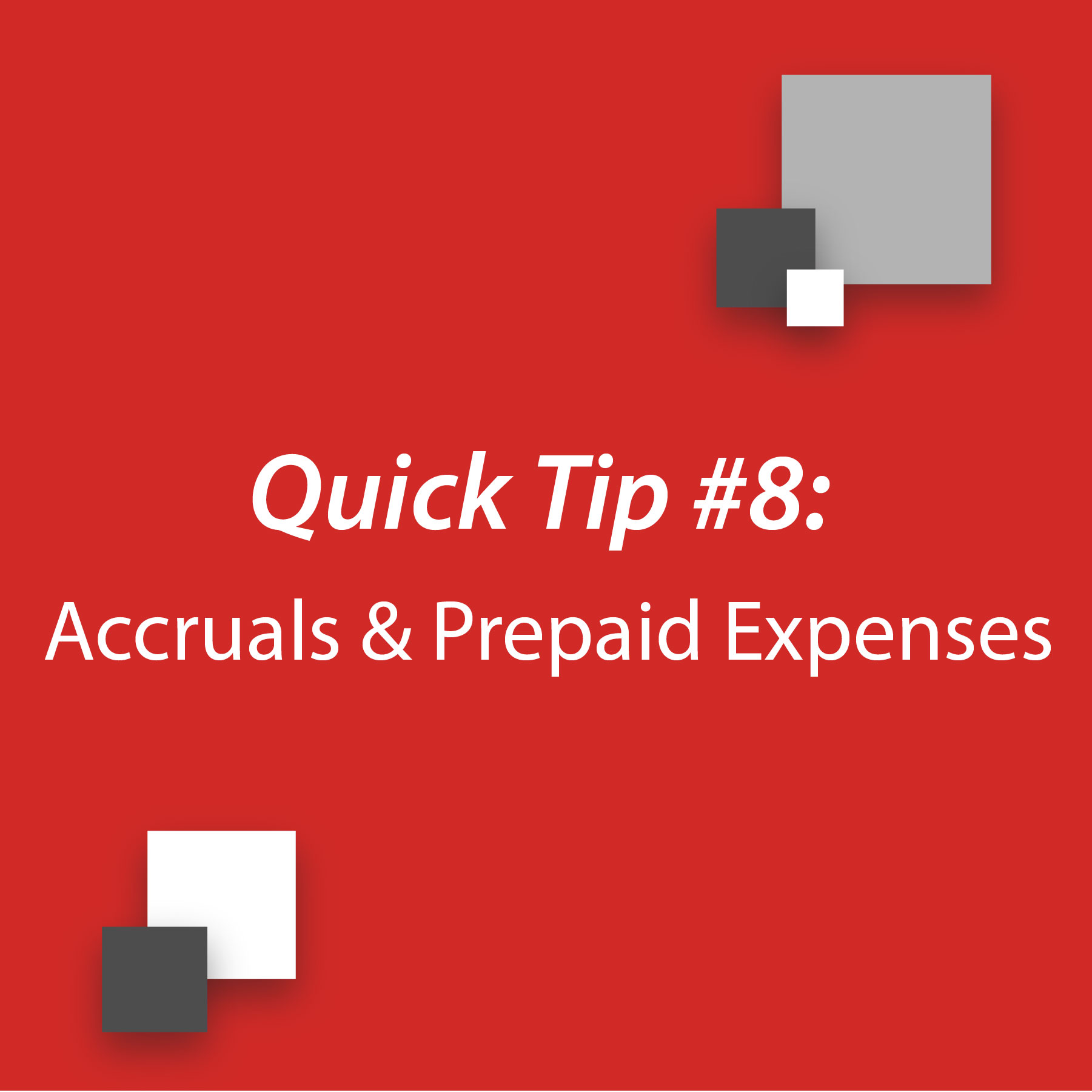
Quick Tip #6: Understanding Your Chart of Accounts
November 6, 2020




At Next Level Solutions, we often see businesses overlook security deposits when managing their finances. This common mistake can lead to lost money, especially at the end of a contract. Understanding how to properly account for these deposits ensures that your business doesn’t leave money on the table.
Security deposits are payments made upfront, often in addition to regular expenses. Examples include:
Unlike expenses, these payments are assets—they represent money you can recover at the end of the contract.
Many businesses mistakenly code deposits as expenses, such as rent or utilities. While this might seem logical at the time, it can lead to forgetting about these assets when it’s time to collect your money back.
When you make a deposit, it should be recorded as an asset on your balance sheet, not an expense. Label it as a deposit or prepaid item, ensuring it’s tracked properly. This way, when the contract ends, you’ll remember to reclaim the money you’re owed.
Overlooking security deposits can cost your business. By treating these payments as assets, you protect your bottom line and maintain accurate financial records.
At Next Level Solutions, we’re here to help businesses maximize their financial efficiency and avoid common pitfalls like this one. If you’re unsure whether your deposits are being tracked correctly, reach out to us. Together, we can ensure every dollar works for you.